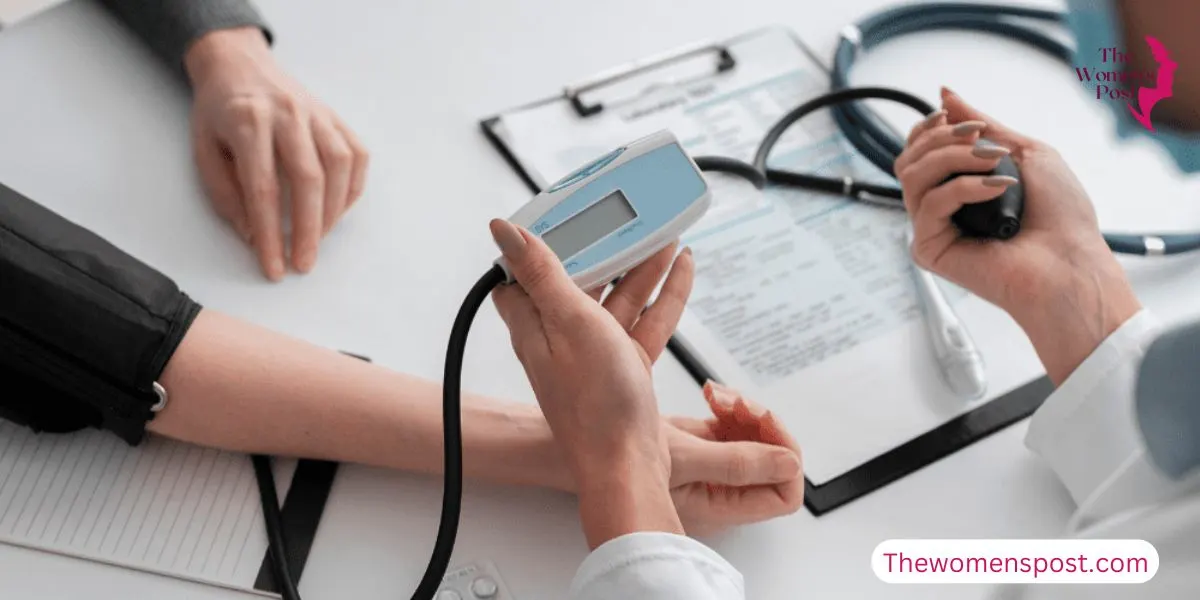9 Health Issues Every Woman Should Understand
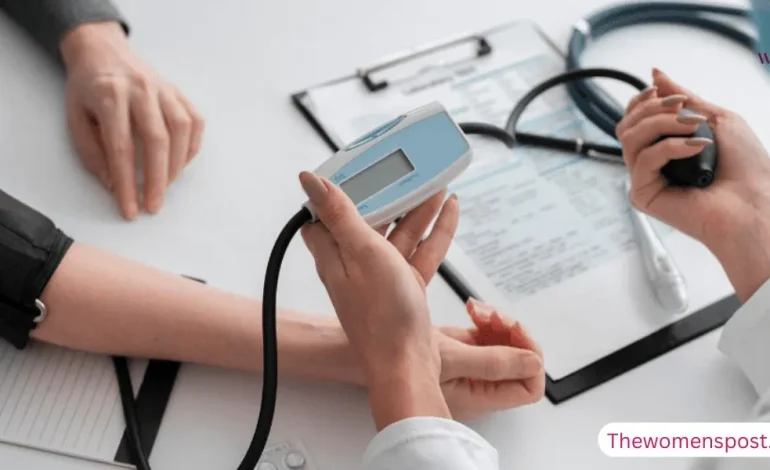
Women face many health challenges throughout their lives, often dealing with women’s health concerns that require attention and care. Knowing about these common health issues every woman should know helps them stay healthy, spot problems early, and seek help when needed. This article covers nine key women’s health concerns, focusing on the most common diseases affecting women. It employs common language to describe what each one is, its symptoms, risks, and prevention or cure. Healthy lifestyle habits and regular check-ups can significantly contribute to meeting health challenges women encounter throughout their life.
Key Women’s Health Issues to Understand
1. Heart Disease
Heart disease continues to be one of the most serious women’s health issues, ranking as the leading cause of death among women in the United States. It comprises conditions such as high blood pressure, coronary heart disease, and heart failure.
Symptoms and Risks
Women are diagnosed later than men since their symptoms, e.g., fatigue or jaw pain, vary from the usual chest pain. Risks run higher following menopause, in pregnancy-related problems, or with conditions such as endometriosis.
Prevention and Treatment
To address this, one of the most prevalent diseases found in women, women can consume heart-healthy diets such as beans, fish, and nuts, keep active, and quit smoking. Adhering to women’s health issues and prevention measures can cut risks substantially.
2. Breast Cancer
Breast cancer is one of the primary women’s health issues, with the second highest prevalence of any cancer in women after skin cancer. It begins in the breast tissue and will spread if not detected early.
Symptoms and Risks
It presents with lumps, distortion of breast shape, or discharge from the nipple. Risks include family history, dense breasts, obesity, and alcohol consumption.
Prevention and Treatment
Women need to do self-exams and have mammograms at age 40, or earlier if higher risk. Early detection, a significant component of women’s health problems and prevention advice, greatly increases survival rates. The treatment could be surgery, radiation, or chemotherapy to treat this key problem among the health problems women encounter throughout their lifespan.
3. Osteoporosis
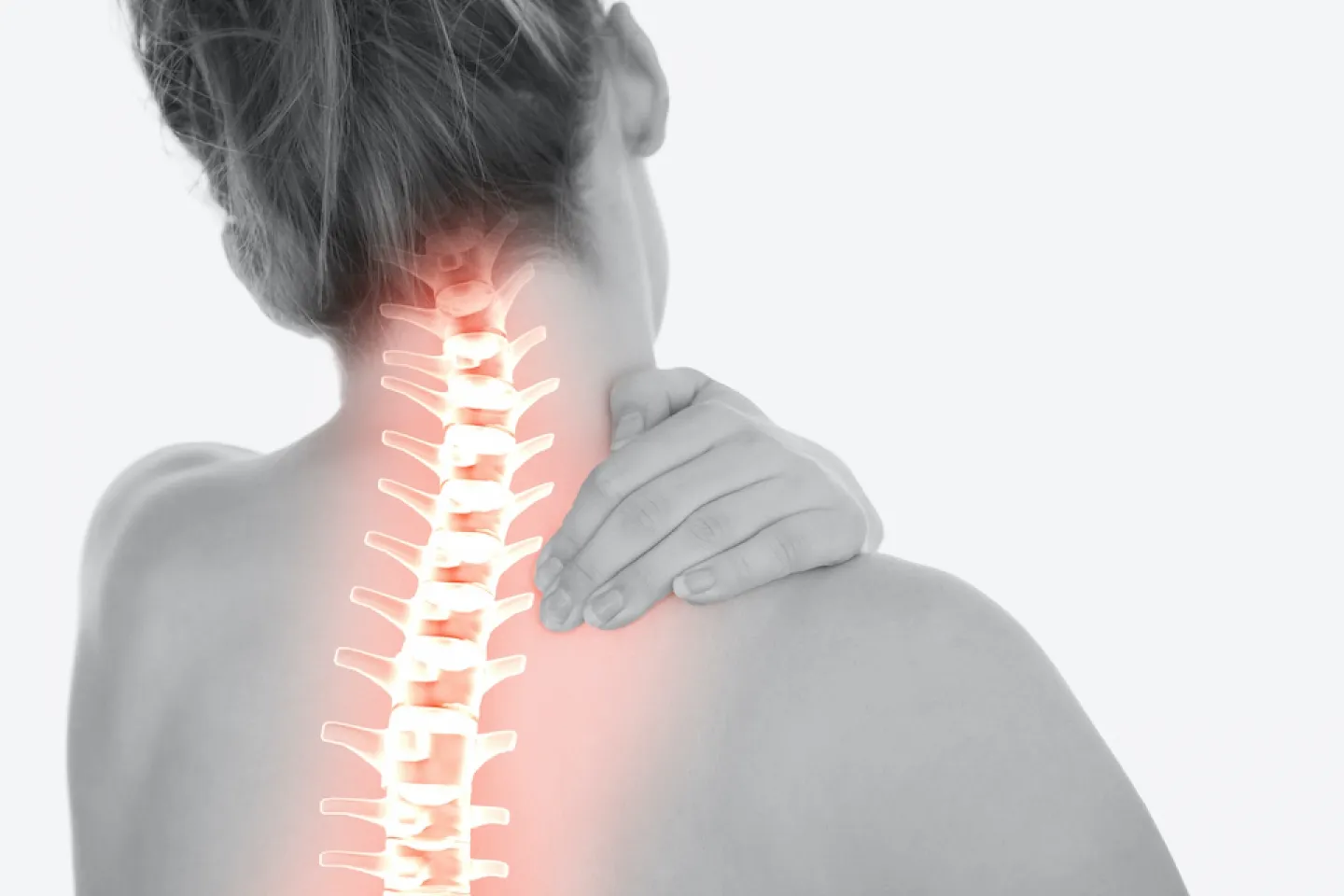
Also Read: Autoimmune Diseases And Comorbidities In Women: A Comprehensive Guide
Osteoporosis, one of the widespread health problems all women must be aware of, softens bones so that they become susceptible to breaking, particularly in women in their advancing years. It results from increased bone loss following menopause as a result of decreased estrogen levels.
Symptoms and Risks
There may be no early warning signs, but it later leads to back pain or fractures resulting from slight falls. The risk is greater among women with thin bones or in women with a family history.
Prevention and Treatment
Prevention, which is crucial for this women’s health issue, is weight-bearing exercise such as walking, taking calcium and vitamin D through foods such as dairy or greens, and receiving bone density tests after age 65.
4. Mental Health Issues
Psychological issues such as depression and anxiety are prominent women’s health issues, which predominantly affect women than men based on hormonal fluctuations during menstruation, pregnancy, or menopause.
Symptoms and Risks
Symptoms include sadness, worry, insomnia, or avoidance of activities. Risk increases during changes in life such as childbirth or perimenopause.
Management and Support
Women can control such common ailments every woman must be aware of by using therapy, exercise, or friend discussions. Breaking down stigma surrounding mental health enables women to access help early, to tackle one of the main health concerns women will have throughout their lifespan.
5. Reproductive Health Concerns
Matters of reproductive health, including polycystic ovary syndrome (PCOS), endometriosis, and fibroids, are main women’s health issues. PCOS results in irregular menstrual periods and hormonal imbalance, while endometriosis results in painful growths outside the uterus.
Symptoms and Risks
Symptoms include heavy menstruation, pelvic tenderness, or infertility. Causes include genetic or hormonal factors.
Prevention and Treatment
Check-ups are needed regularly, and medications, life-style modifications, and surgery can be used to alleviate symptoms and enhance fertility, as in women’s health topics and prevention advice.
6. Reproductive Cancers
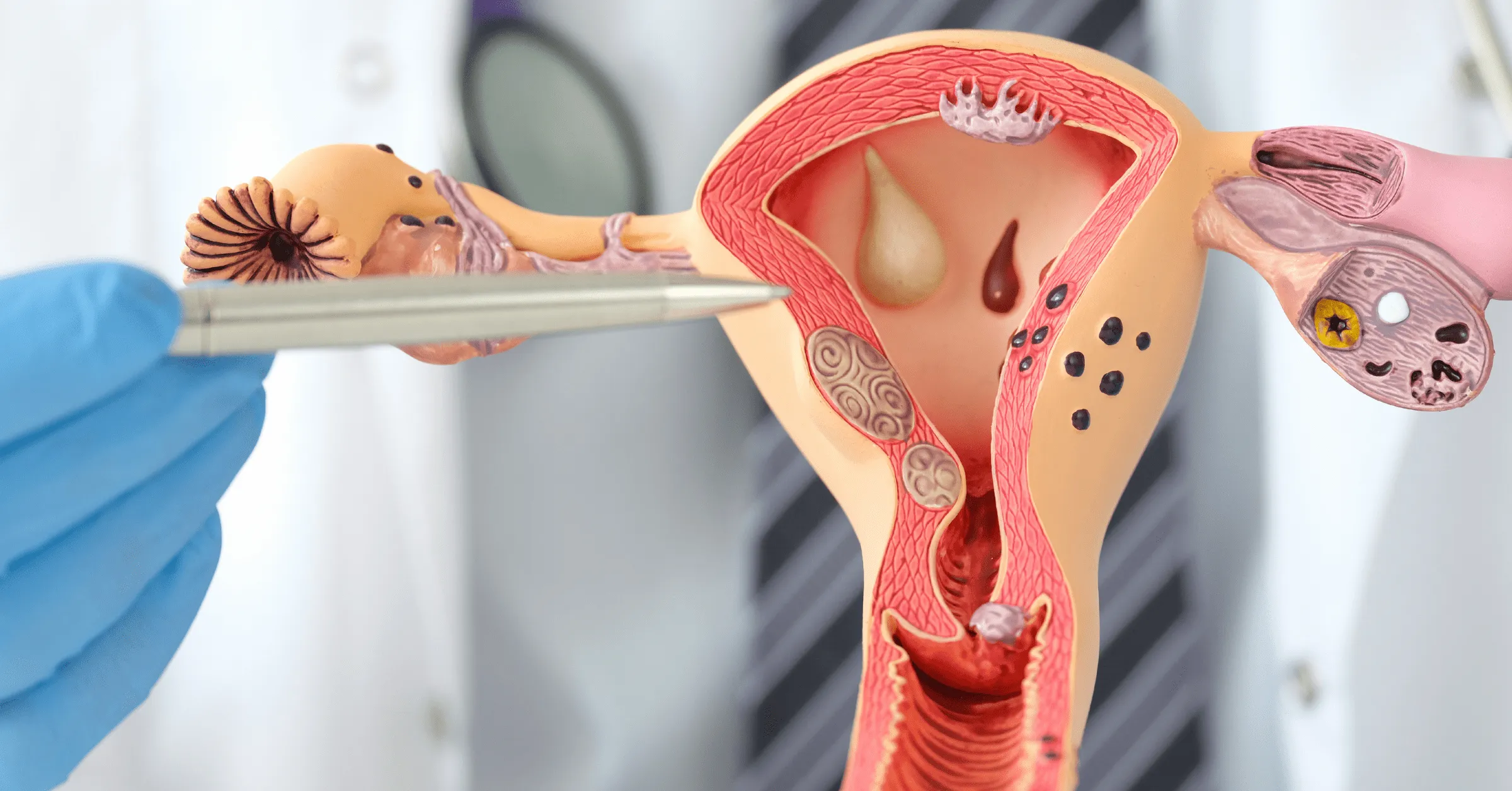
Also Read: Nutrition For Women’s Health And Wellness
Reproductive cancer, such as cervical, ovarian, and uterine cancers, is one of the most prevalent women’s diseases. Cervical cancer is associated with HPV infection, whereas ovarian cancer is difficult to diagnose at an early stage.
Symptoms and Risks
Symptoms include unusual bleeding, bloating, or pelvic discomfort. Risks are associated with HPV, history in the family, or failure to bear children.
Prevention and Treatment
Prevention involves HPV vaccination, regular Pap smears, and good lifestyle. Early intervention with surgery or chemotherapy can be life-saving, making this a crucial women’s health issue.
7. Menopause
Menopause, a natural stage among health concerns women experience throughout their lives, indicates cessation of menstrual cycles, typically between the ages of 45 and 55. It introduces changes such as hot flashes, night sweats, mood swings, and vaginal dryness because of waning estrogen.
Symptoms and Impact
Hot flashes, sleep disturbances, and bone loss are experienced by some women. Though natural, symptoms can interfere with life.
Management Strategies
Women can control this epidemic women’s health issue by consuming calcium-rich foods, exercising, drinking plenty of fluids, and consulting with physicians about hormone therapy when necessary.
8. Autoimmune Diseases
Autoimmune illnesses, in which the body’s immune system fights against its own cells, are major women’s health issues. Examples include lupus, rheumatoid arthritis, and multiple sclerosis.
Symptoms and Risks
Symptoms are fatigue, joint ache, or recurring fevers with no known cause. Women are especially affected, perhaps because of hormones or heredity.
Treatment Options
Treatment may be long in arriving, but anti-inflammatory medications, physical therapy, or pain management ease symptoms of these most prevalent diseases to afflict women.
9. Sexually Transmitted Infections (STIs)
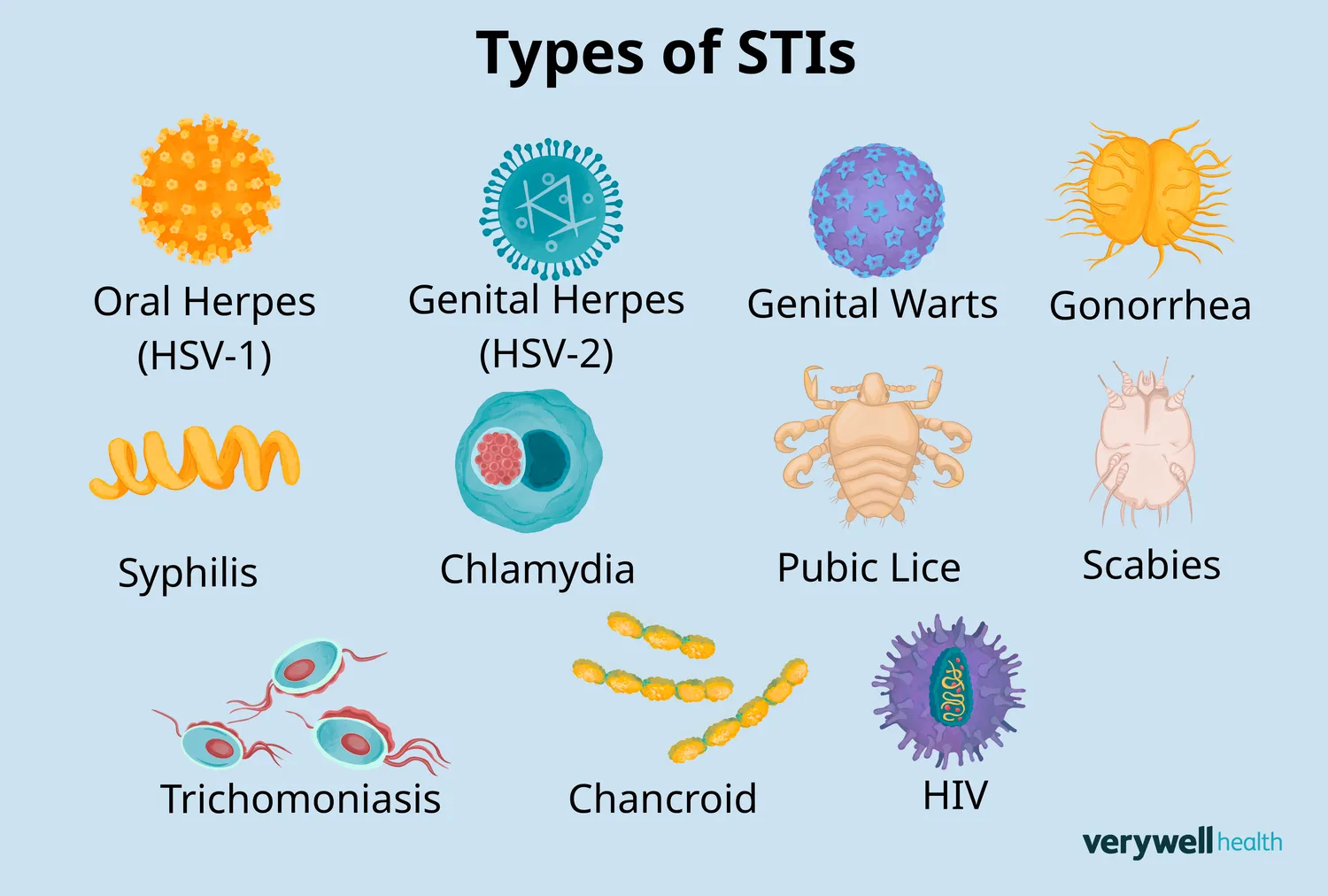
Also Read: Heart Health In Women: Myths, Risks, And Prevention
STIs like chlamydia, gonorrhea, or HPV are common health issues every woman should know, as they can lead to serious problems like infertility or cancer if untreated.
Symptoms and Risks
Women may have no symptoms or experience discharge, pain, or itching. Risks increase with multiple partners or unprotected sex.
Prevention and Treatment
Prevention, a key part of women’s health issues and prevention tips, involves using condoms, regular testing, and HPV vaccines. Early treatment with antibiotics or antivirals can cure many STIs.
Conclusion
By knowing these women’s health issues, women can control their own well-being. They must go to see doctors, eat a healthy diet, exercise regularly, and have regular tests. Keeping up with women’s health problems and prevention guides guarantees little actions today avoid larger issues tomorrow.





